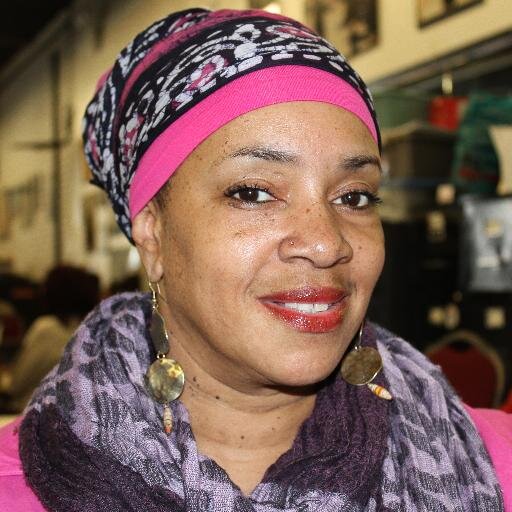| Ken Anderson defends himself at a Court of Inquiry investigation in Georgetown, Texas, on Feb. 8, 2013. (Photo via Propublica.org) |
In today's deal, Anderson pled to criminal contempt, and will have to give up his law license, perform 500 hours of community service, and spend 10 days in jail. Anderson had already resigned in September from his position on the Texas bench.
What makes today's plea newsworthy is not that Anderson engaged in misconduct that sent an innocent man to prison. Indeed, while most prosecutors and police officers are ethical and take their constitutional obligations seriously, government misconduct--including disclosure breaches known as Brady violations--occurs so frequently that it has become one of the chief causes of wrongful conviction.
What's newsworthy and novel about today's plea is that a prosecutor was actually punished in a meaningful way for his transgressions.
| Disgraced Judge Ken Anderson |
My client Roger Dean Gillispie of Dayton, Ohio, for example, spent 20 years in prison as a result of police misconduct. In 2007, we presented overwhelming evidence that the police officers, like Anderson in the Morton case, failed to turn over evidence to the defense before trial that would have cleared Gillispie. We also supplied the court with evidence that the police officer in charge had harassed and intimidated witnesses helpful to the defense, and had manipulated the evidence. Before going to court to clear Gillispie, we met with the local prosecutors, hopeful that they wouldn't tolerate such misconduct and would do a thorough (and neutral) investigation to get to the truth. Instead, they simply denied everything in knee-jerk fashion, and fought to keep Gillispie in prison until a federal court finally found government misconduct and threw out his charges in December 2011. To this day, the police officer in the case has not been investigated by a neutral, independent body. The only thing he has received is promotions.
Rogue cops and prosecutors going unpunished is the rule rather than the exception. In Illinois, two police officers whose improperly grueling interrogation techniques led to the wrongful conviction of Juan Rivera and others were not penalized when their 3rd degree tactics came to light. Rather, they were recently hired at taxpayer expense to teach interrogation courses to other police officers around the state.
A recent study found prosecutorial misconduct in nearly one-quarter of all capital cases in Arizona. Only two of those prosecutors have been reprimanded or punished. This led the Arizona Republic to conclude:
There seldom are consequences for prosecutors, regardless of whether the miscarriage of justice occurred because of ineptness or misconduct. In fact, they are often congratulated.Other studies/articles with similar troubling results can be found here, here, here, and here.
Fortunately, there is something very simple that judges across the country can do to eradicate this problem. All judges, state and federal, should issue the standing "ethical rule order" proposed by the Hon. Nancy Gertner and Innocence Project Co-Founder Barry Scheck. The proposed order requires prosecutors to disclose, pre-trial, all evidence that "tends to negate the guilt of the accused or mitigates the offense." Details regarding the proposed ethical rule order, including all the justifications supporting it, can be found in this article by Barry Scheck.
| Michael Morton, exonerated in October 2011 (Photo via innoncenceproject.org) |
Today's conviction of Ken Anderson stands out as an extreme aberration in a society where police and prosecutorial misconduct goes largely unpunished. But it is a step in the right direction. Hopefully, today's result will deter rogue cops and prosecutors in the future from engaging in similar misconduct. But this will happen only if judges across the country do what the judge did more than 25 years ago in the Morton case: issue an order requiring that proper disclosure to the defense, or risk criminal contempt proceedings.
This post originally appeared in The Huffington Post.
Mark Godsey is a Professor of Law at the University of Cincinnati College of Law and the Director of the Ohio Innocence Project. Follow him on Twitter @wrongconvblog
Visit http://www.innocenceproject.org



